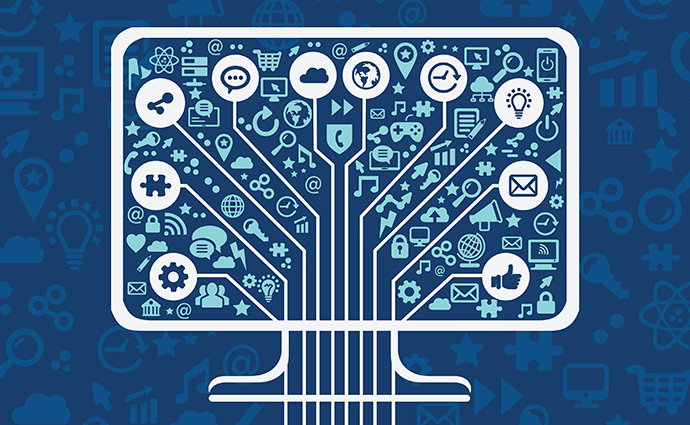Consumer Engagement Tools Prep Members for Open Enrollment
New research from UnitedHealthcare found that mobile apps, enrollment platforms, and search engines can increase open enrollment engagement.

Source: Thinkstock
- Mobile apps, enrollment platforms, and search engines help the majority of consumers prepare for open enrollment and make informed healthcare choices, says a new survey from UnitedHealthcare.
Thirty-six percent of consumers said they used the internet or mobile apps last year to compare the quality and cost of medical services. UnitedHealthcare estimates that the number of consumers using provider comparison tools in 2018 doubled over the past year.
As a result, 77 percent of members feel prepared to participate in the upcoming open enrollment period. The survey suggests that leveraging consumer engagement tools could help payers address the many customer service challenges that plague the industry.
“This survey shows people are embracing technology as an important resource to improve their health and more effectively navigate the health system,” said Rebecca Madsen, chief consumer officer at UnitedHealthcare.
“By creating resources to help simplify the health system and provide more effective clinical interventions, UnitedHealthcare is responding to people’s needs on their health care journeys, and we hope this data is helpful to others involved in supporting the health of all Americans.”
Payers that expand their digital consumer engagement capabilities could attract younger consumers and help members improve their healthcare choices, the survey found.
Fifty-one percent of millennials shop for healthcare services online, leading other demographic groups. Eighty-four percent of all consumers that use apps or the internet to purchase healthcare services rated the experience as either very helpful or somewhat helpful.
The survey also found that provider preference is one of the most important factors when consumers choose a health plan.
Sixty-seven percent of consumers said they research if their preferred provider is part of a health plan’s network before choosing a plan.
Health plan consumers are also concerned about out-of-pocket costs and premium responsibilities.
Forty percent of consumers said they equally evaluate a health plan’s premiums and potential out-of-pocket costs before choosing a plan. Seventeen percent of consumers said that out-of-pocket costs are more important than premiums when considering a health plan. Fourteen percent said they are more concerned about a plan’s premium amounts than out-of-pocket costs.
The survey provides a promising outlook for payers that want to make meaningful advances in customer service and consumer satisfaction with health plans.
Customer service improvements can enhance a beneficiary’s experience with their health plan and promote brand loyalty, brand advocacy, and beneficiary retention. Technology is likely to play an important role in creating effective customer service improvements as more consumers use apps and similar platforms to make health plan decisions.
